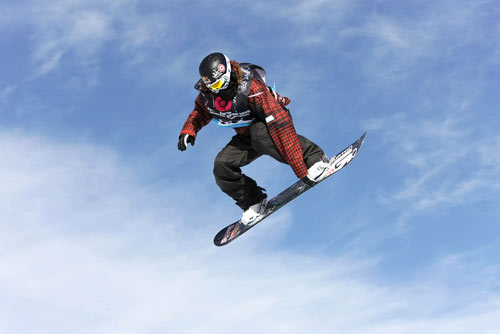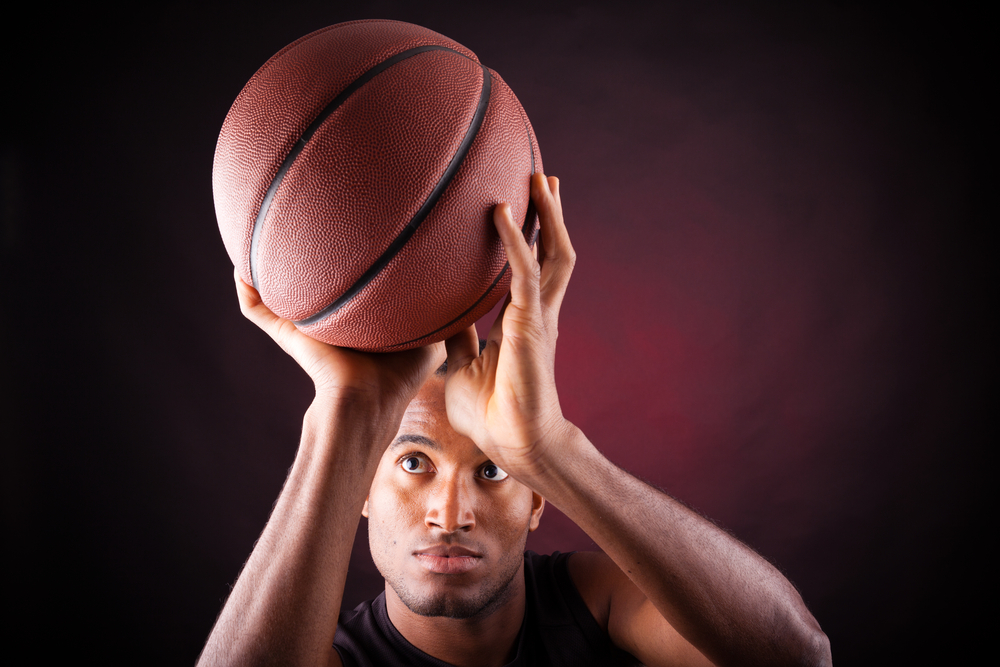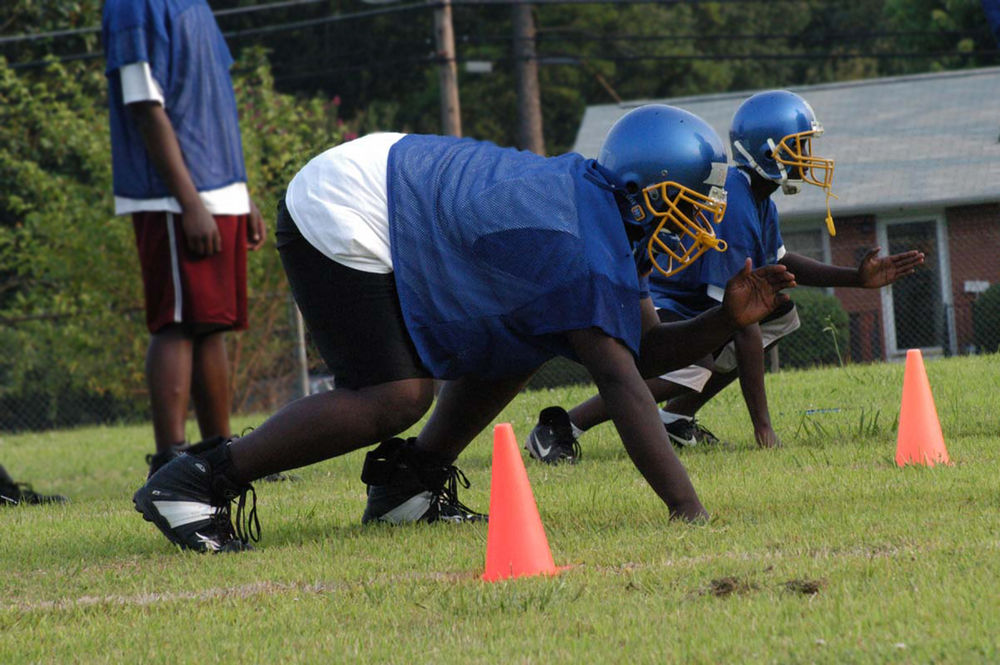Why Young Athletes Need Time To Learn New Skills
By Dan Peterson, TeamSnap's Sports Science Expert
It’s been a few years since I last coached little tykes but I do remember that every practice required creative, devious ways to hold their attention while trying to teach them the finer points of the game, like who’s on their team and the general direction that the ball should travel for us to win. There would be small glimmers of understanding during a drill only to have them evaporate during a scrimmage. Unfortunately, researchers at Ohio State University were not there to educate me on a concept known as “delayed remembering” that allows kids to remember a new topic better several days after it was first learned. Their newly released study details just how this works.
"An implication is that kids can be smarter than we necessarily thought they could be," said Kevin Darby, a PhD student and co-author of the study. "They can make complex associations, they just need more time to do it."
Darby and his advisor, Vladimir Sloutsky, professor of psychology at Ohio State and director of the university’s Cognitive Development Lab, gathered 82 kids, aged 4 to 5 and accompanied by their parents, from local pre-schools to have some fun with a picture association game.
On a computer screen, they were shown pairs of objects, like a baseball and a bunny, along with a picture of their “owner”, either Winnie the Pooh or Mickey Mouse. After learning these associations, they were then tested by showing the object pairs again then asking who they belonged to, Pooh or Mickey.
Initially, the kids scored about 60% correct but with some practice were able to quickly raise that to 90%. Next, the researchers started a new round of the game by scrambling the object/character associations. Again, the kids started out with about 60% right, improving to 90% soon after, showing they could learn new pairings.
The real research question was to find out if the kids could better remember the original associations later that day or two days later. Half the group took the test again later that afternoon with the original groupings, while the other half waited two days to play again.
The first group repeated the same learning pattern, starting off at 60% correct then increasing performance to 90% after practice. It was like they had never seen the original associations and had to learn them all over again.
“We know from previous research that kids struggle to form complex associations in the moment, so we thought that with some time off and periods of sleep they might be able to do better,” he said. “And it turned out that when they had time to absorb the information, they did better.”
Sure enough, the group that waited two days started out with an impressive 85% accuracy on the original pairings and increased to over 90%. By waiting two days, their initial recall performance was 25% higher than the first group.
“The findings give us a window into understanding memory and, in particular, the issue of encoding new information into memory,” said Dr. Sloutsky. “First, we showed that if children are given pieces of similar information in close proximity, the different pieces interfere with each other, and there is almost complete elimination of memory. Second, we showed that introducing delays eliminates this interference. It seems surprising that children can almost completely forget what they just learned, but then their memories can actually improve with time.”
So, whether out on the practice field or at home, remember that it may take some time for new rules, lessons or concepts to sink into young brains. Repetition over time will help form those memories and associations so that they stick.
"We've shown that it's possible for children's memories to improve with time, but it's not like we uncovered a method for super-charging how much they can remember," said Dr. Sloutsky. "The takeaway message is that kids can experience extreme forgetting, and the counter-intuitive way to fight it is to let time pass."
NEW! Free Sports Organization Resources
All of TeamSnap's ebooks, articles, and stories in one place. Access Now



